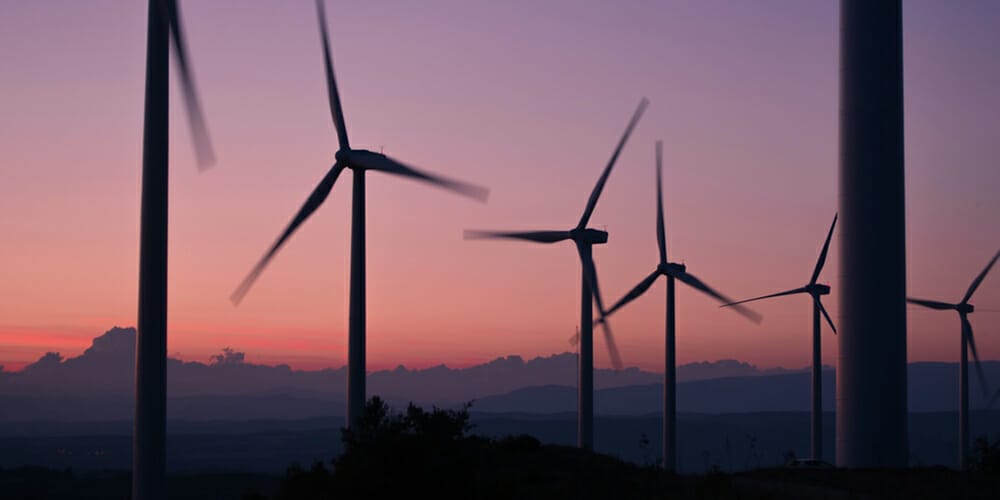Head of the global union movement, Sharan Burrow, has called on asset owners to “stop talking about constraints on fiduciary duty” and take the lead on the transition to a green economy. Burrow was part of a panel at the Fiduciary Investors Symposium in Chicago that told delegates the next wave of stewardship is not just engagement with companies but also policymakers and intermediaries.
Burrow, who is general secretary of the International Trade Union Confederation, said that “thoughtless investment in fossil fuels” was a major loss to pension funds.
“The issue is not just about divestment; if we were sensible about fiduciary responsibility we would demand a carbon plan for the companies we invest in,” Burrow said.
“Disorderly exit from fossil fuels will create instability and loss of jobs. The broad spectrum of the impact of climate change is loss of lives. There is a market here.”
She said there is urgency around green finance – particularly energy – that needs regulation.
“This is a joint responsibility and is part of the due diligence base of responsibility for investors,” she said. “Stop talking about the constraints on fiduciary duty and take the lead on the risk curve – and I’d argue, the moral imperative curve as well.”
“We need to make sure engagements are wound up in a carbon plan and due diligence in human rights.”
Similarly Martin Skancke, chair of the Principles for Responsible Investment Advisory Council (PRI), called on investors to step up to the conversation about the systemic risks such as carbon risk and long-term stability of markets.
“The asset owner perspective is missing. Asset owners are not necessarily in the market daily, they are removed from the market, but are paying the costs of an inefficient market,” he said.
“You should be asking ‘What does a good trading place look like for me? Who should be allowed to trade? How should information regarding trades be made available and to whom?’ These are really important questions and asset owners are absent from the conversation.”
Skancke said some of the perceived conflicts between environmental, social and governance (ESG) and fiduciary duty come from a misconception.
“For me it’s about the stability and usefulness of the financial system itself,” he said.
“It is seen as responsible investment limiting the investment universe. All investors exclude assets for various reasons; for example, you don’t believe in the business model, don’t like the market, the investment doesn’t meet cashflow requirements. It’s just another constraint.
“For me it’s about widening your information set, not limiting the investment universe. How do you organise the information set and take a broader view of the risks you’re taking?”
ESG as a fiduciary duty is about raising the standard of corporate behaviour generally, he said.
The PRI is approaching its 10th anniversary, and Skancke said the six PRI principles are primarily about ESG integration.
“If we drafted them today they would be more emphasis on more systemic issues such as the nature of the marketplace itself.”
Colin Melvin, chief executive of Hermes EOS told delegates that ESG and fiduciary duty are connected because “making money and doing the right thing converge in the long term”.
“Making money is driven by intermediation in the short term. When I started in funds management 22 years ago found they were amoral, that morality didn’t come into it. They analysed historical financial information and tried to make decisions on whether to invest. It struck me the short term ruled the behaviours of intermediaries and that was a problem. From the PRI launch nearly 10 years ago we are still talking about fiduciary duty and whether ESG is part of that.”
Delegates also heard from Ed Waitzer, partner at Stikeman Elliott, and professor and director of the Hennick Centre for Business and Law at the Osgoode hall Law School in Toronto; as well as Beth Richtman, portfolio manager for infrastructure and global governance at CalPERS on the fund’s story of progress in advocacy, engagement and integration of ESG.



